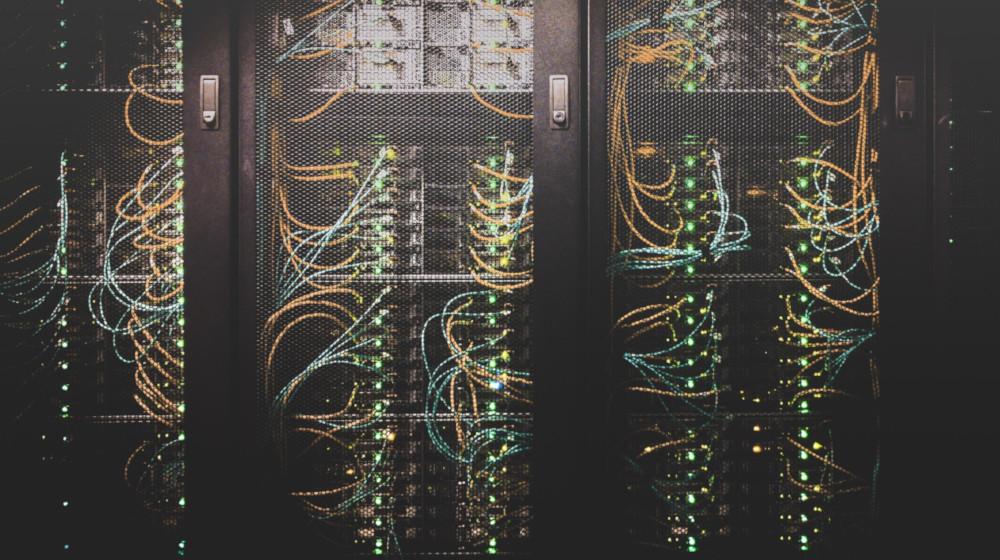If you’re running, or planning to launch, a website you’re probably aware that there are several different hosting options available. Your options vary from shared hosting to VPS hosting and dedicated servers, the choice is challenging.
Sometimes it can be hard to work out which is the right one for you. In this guide, we’ll be looking at what a dedicated server is, and how to tell if it’s right for your business.
Related: What type of web hosting service is best for your client?
What is a dedicated server?
A dedicated server is a web hosting server that is used exclusively by one organization or individual. The server is provided by a hosting company (such as GoDaddy).
They are the most expensive hosting options - the plans start from 477 AED/month - and tend to be used for large-scale projects.
What are they used for?
They are used for – hosting large websites, hosting large apps, data storage (including backups).
The average small business website does not need to be hosted on a dedicated server, but for businesses that are showing extremely strong growth they can consider moving their website over to a dedicated server may be a good idea.
What is a “non-dedicated server”?
A “non-dedicated server” refers to any server that hosts websites and apps for more than one individual/organization.
However, the term “non-dedicated server” is not commonly used. You’re more likely to hear people and companies talk about shared hosting and virtual private servers.
Shared hosting is an entry-level product that is well-suited to basic sites that don’t attract huge numbers of visitors. Shared web hosting products feature an easy-to-use control panel and require less technical knowledge to use than more advanced hosting products. They are also the least expensive form of hosting.
Virtual private servers (VPS) are a mid-point between shared hosting and dedicated hosting. With a VPS, a server’s resources are still split between more than one customer, but it is done in such a way that each VPS essentially exists as a standalone server.
(This is achieved through the use of virtual machines, which allow one physical computer, the server in this case, to operate as several different virtual computers, the VPSs in this case.)
A VPS is much more powerful than shared hosting and also allows for greater flexibility in the way in which the server can be used.
The average VPS can also handle more visitors than the average shared hosting package.
Of course, the price of a VPS will also be higher. A VPS can also require advanced technical skills in order for it to be used, although many hosting providers (including GoDaddy) offer managed VPSs, which allow users without technical skills to take advantage of the power of a VPS.
Are dedicated servers better?
It’s true that they are more powerful than other kinds of severs, but that doesn’t make them better. It all depends on what you want to achieve.
If you’re working on a large, resource hungry eCommerce site, or a wide-ranging enterprise project, then yes, dedicated servers are better.
So if you’re working on this kind of project, you can check out GoDaddy’s dedicated servers here.
Otherwise, stick to a VPS or shared hosting.






